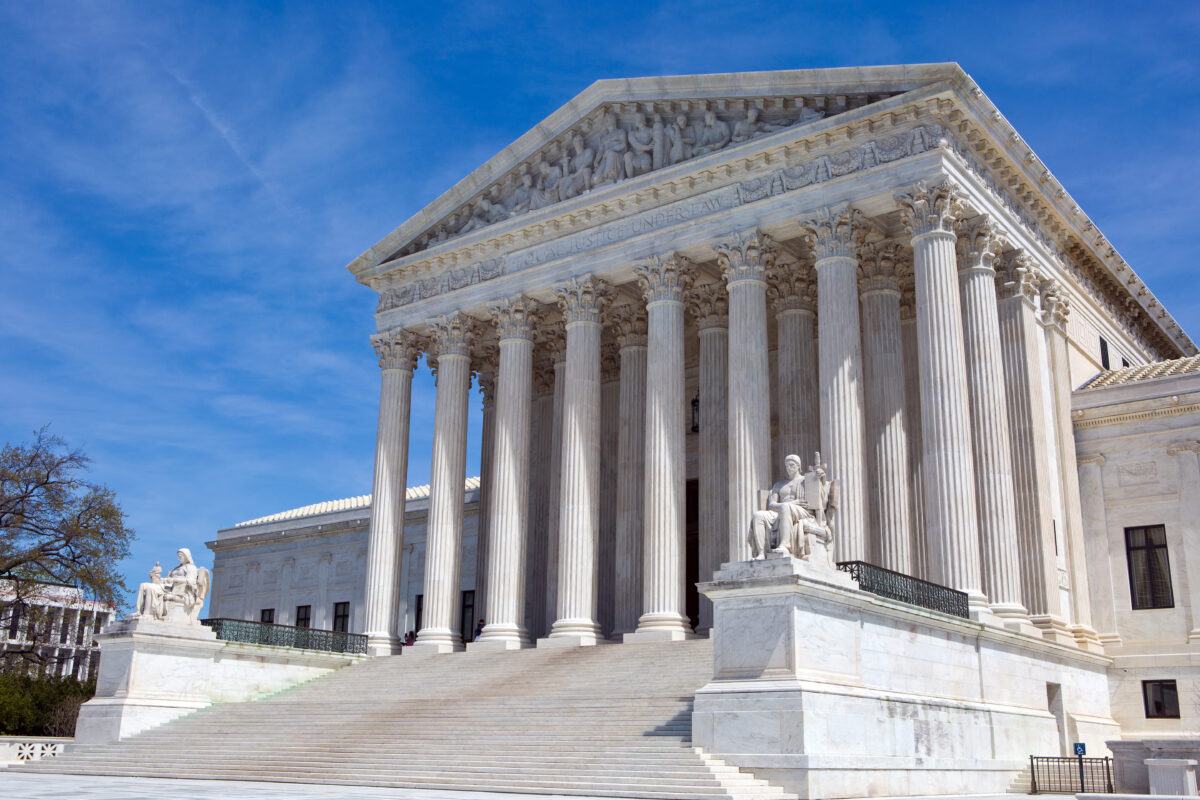January 30, 2024

Carol V. Gilden and Laura H. Posner
Fraud by omission versus commission. Should a corporation be able to do one but not the other in its mandatory discussion of known trends without risking liability under Section 10(b) of the Securities Exchange Act? This is a question the Supreme Court has been itching to answer.
The case is Macquarie Infrastructure Corp. et al. v. Moab Partners LP et al., case number 22- 1165. Back in 2017, the Supreme Court was prepared to review the issue in another case, Leidos Inc. v. Indiana Public Retirement System et al., case number 16-581, but the case settled a month before arguments were scheduled. This time, there don’t appear to be any settlements on the horizon, and numerous parties, including the U.S. Solicitor General, have filed amicus briefs, signifying the high stakes involved.
Important to investors is an SEC disclosure requirement under Regulation S-K Item 303, 17 CFR section 229.303 (“Item303” disclosures, also known as Management’s Discussion and Analysis of Financial Condition and Results of Operations), which requires companies to disclose “where a trend, demand, commitment, event or uncertainty is both presently known to management and reasonably likely to have material effects on the registrant’s financial conditions or results of operations.” The purpose, according to the SEC, is to enable investors “to assess the financial condition and results of operations” of a company and its “prospects for the future.”
In the case under review, Macquarie did not disclose that one of its most profitable subsidiaries was about to be subject to a United Nations regulation limiting pollution that would significantly eat into its profits. The plaintiff’s 2018 lawsuit claims the defendants concealed the pending restrictions for two years. When the company finally did disclose the limitations it faced, its stock fell by over 40%.
The defendants argue that even if they had a duty to disclose the expected impact of the United Nations regulations under Item 303, they should not be held liable for failing to do so under Section 10(b) of the Securities Exchange Act. The district court sided with the defendants, but a unanimous Second Circuit disagreed and reinstated the claims in December 2022 before the Supreme Court ultimately agreed to review the case in September 2023.
Considering the high stakes involved for investors, who could see their ability to recover losses through private actions severely limited, Cohen Milstein has been actively engaged in the amicus effort to support the plaintiffs in the case and to respond to the arguments raised in amicus briefs filed in support of defendants by heavyweights like the U.S. Chamber of Commerce and Securities Industry and Financial Markets Association (“SIFMA”).
This amicus effort includes briefs filed on behalf of dozens of securities law and business professors, institutional investors with over 340 billion in assets under management, and a group of consumer advocates who include the Consumer Federation of America, Better Markets, Inc., Public Justice, and the American Association for Justice.
As part of that amicus effort, Cohen Milstein authored an amicus brief on behalf of former SEC Commissioners and senior officials appointed by both Republican and Democratic presidents. That brief addressesthe defendants claim that allowing for Section 10(b) liability for violations of Item 303 will force companies to provide overbroad and unnecessary disclosures that will confuse investors. Cohen Milstein’s clients noted in their amicus brief that the SEC has “repeatedly highlighted that Only material items” be included in such disclosures, and that the SEC “expressly condemned unnecessary or duplicative disclosures precisely because they frustrate investor understanding.” Indeed, in its 2003 Guidance, the SEC encouraged companies to “de-emphasize (or, if appropriate, delete) immaterial information that does not promote understanding.”
The former SEC officials brief also noted the crucial role private actors play in the enforcement of securities laws, which ultimately provide investor confidence that promotes the liquidity of the U.S. securities market to the benefit of corporations and investors alike. The U.S. securities markets would not be “the envy of the world” without strong enforcement mechanisms, of which private actors are a vital part.
The Supreme Court has recognized this role as well, finding that private securities fraud actions provide “a most effective weapon in the enforcement” of securities laws and are “a necessary supplement to [SEC] action.” J.I. Case Co. v. Borak, 377 U.S. 426, 432 (1964). The former SEC officials’ brief noted that the “commission and its senior leadership have repeatedlyinformed this Court of its view that private actions serve an essential role.” As then-Chairman Richard Breeden explained in testimony before the US Senate, the SEC “does not have adequate resources to detect and prosecute all violations of the federal securities laws,” private actions thus “perform a critical role in preserving the integrity of our securities markets.”
The brief also discussed how the SEC has long recognized that a violation of Item 303 can serve as a basis for a Rule 10b-5 action and rejects the defendants’ argument that fraud by omission should be permitted while fraud by commission should not. It is no surprise, therefore, that the plaintiffs were joined by the Solicitor General, who not only filed a brief in support of the plaintiffs but also asked to be allowed to make oral arguments. The Supreme Court granted this request on January 5, 2024, and oral arguments in the case took place January 16, 2024. Cohen Milstein will continue to closely monitor the case to ensure investor interests are protected.
1 Commission Statement About Management’s Discussion and Analysis of Financial Condition and Results of Operations, 67 Fed.Reg. 3746 at 3747 (Jan 25, 2002).